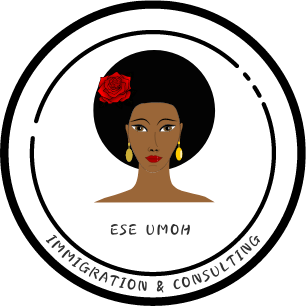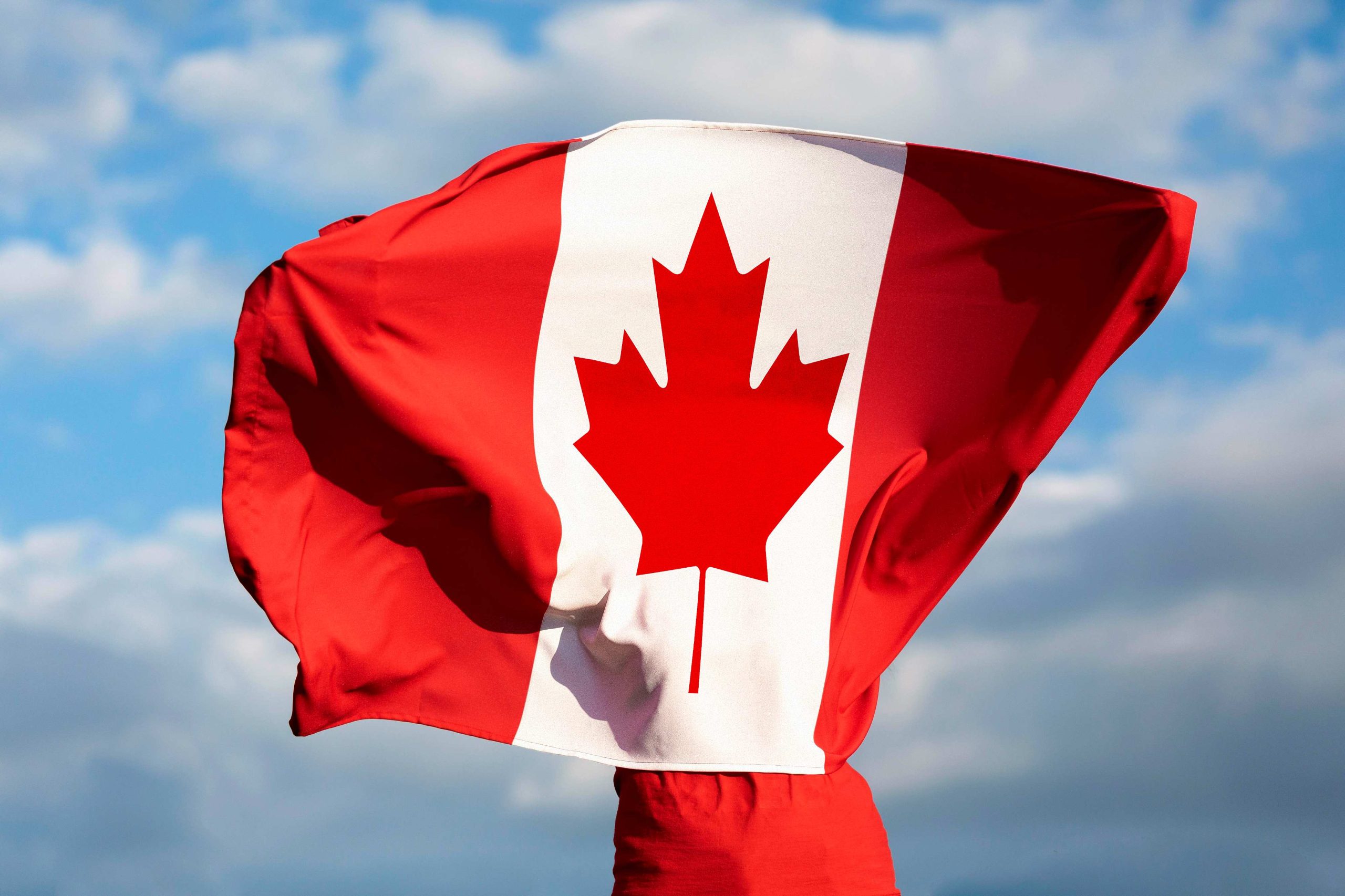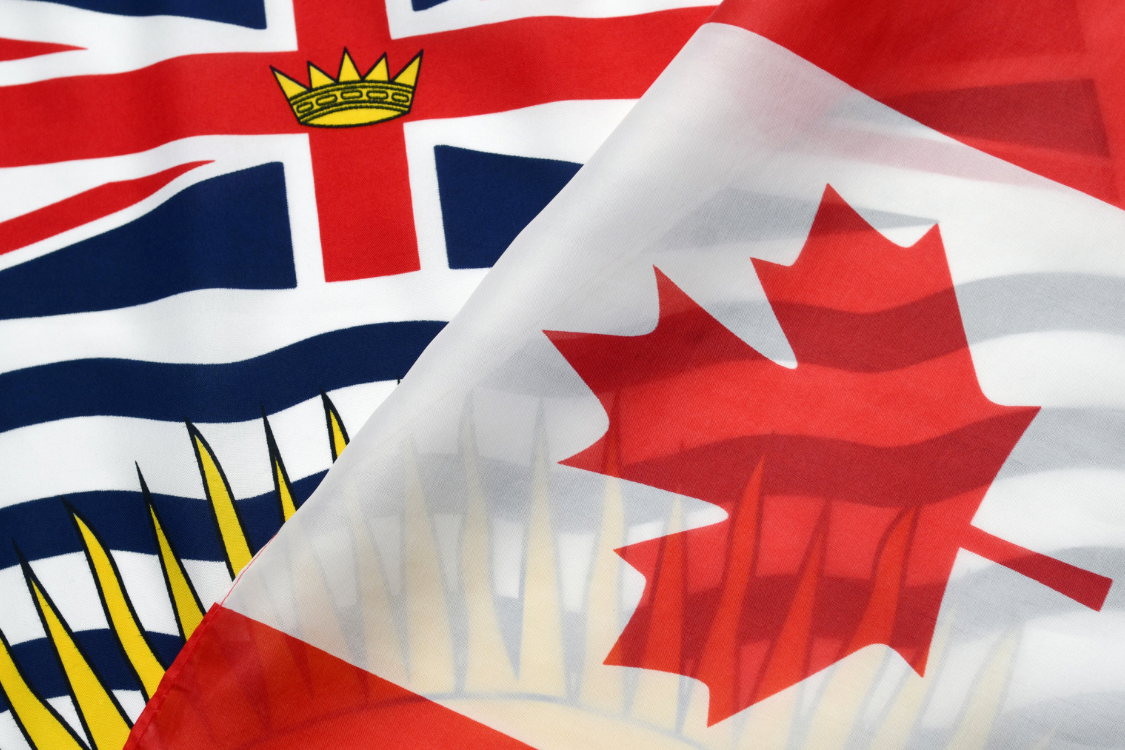Dear future neighbour,
Canada kicked off 2026 with several important shifts in its immigration policies. Whether you’re planning to study, work, start a business, or settle permanently in Canada, these new rules might make a real difference in your plans.
Let’s break them down in simple terms.
1. Easier path for graduate students
If you’re dreaming of a master’s or PhD in Canada, there’s good news.
Starting January 1, master’s and doctoral students at public Canadian universities no longer need a Provincial or Territorial Attestation Letter (PAL/TAL) when applying for a study permit. This requirement used to be part of how the government counted students under provincial caps, but now graduate applicants are exempt from that cap altogether.
What this means:
-
You can apply even if the study permit cap has been met.
-
No upfront costs related to PAL/TAL deposits.
-
Doctoral applicants may see processing times as short as two weeks.
2. Start-Up visa program paused
Entrepreneurs hoping to move to Canada through the Start-Up Visa (SUV) program faced a surprise change.
As of midnight on December 31, 2025, IRCC stopped accepting new applications under this program.
Good news if you already have a commitment certificate, you still have until June 30, 2026 to submit your permanent residence application. But if you hadn’t started, the door is effectively closed for now.
The government says this pause makes space for a new targeted pilot for immigrant entrepreneurs coming later in 2026.
3. Faster credential recognition in Ontario
Ontario introduced a new rule called the “As of Right” framework.
This helps professionals who earned a certification in another province work in Ontario without long delays:
-
If your credentials are valid and recognized, you could start working in Ontario within 10 business days while your full license is processed.
This applies to over 50 regulated professions, everything from architects and engineers to select healthcare roles giving newcomers a smoother path into the workforce.
4. Job Ads in Ontario can’t require Canadian experience
Starting in 2026, Ontario banned job postings that demand “Canadian work experience”, a change many newcomers will welcome.
Why?
Because requiring Canadian experience has been a major barrier for new immigrants trying to land their first job in Canada.
Now, employers must remove that box from job listings. In addition:
-
They have to be clear if artificial intelligence tools are used in screening applications.
This opens doors for newcomers who are qualified but haven’t worked in Canada before.
5. Alberta adjusts its rural immigration stream
If you were considering settling in rural Alberta, the rules just got a bit tougher.
Here’s what changed in the Rural Renewal Stream:
-
You must have a valid work permit both when you apply and when IRCC assesses your application (maintained status doesn’t count).
-
People in lower-skilled jobs (TEER 4 and 5) now need to physically live in Alberta before applying.
-
There’s a cap on community endorsements, and support letters are only valid for 12 months.
This means planning your move carefully including timing your permit and residency is more important than ever.
What this all adds up to
Canada continues to adjust its immigration system in ways that try to balance labour needs, local community priorities and long-term population goals. Graduate students and skilled workers may find new opportunities opening, while entrepreneurs and rural applicants face more targeted rules.
No matter your immigration goal, staying informed about changes like these will help you plan smarter, avoid surprises, and maximise your chances of success.
Need help with your Canadian immigration process?
Whether you’re applying for a visitor visa, submitting a work permit or visa application, creating an Expression of Interest (EOI), setting up an Express Entry or Provincial Nomination profile, preparing your application after receiving an Invitation to Apply, or simply want a professional review of your self-prepared application, we’re here to assist you.
Schedule a 30-minute / 60- minute consultation or contact us at:
info@eseumohimmigration.com







